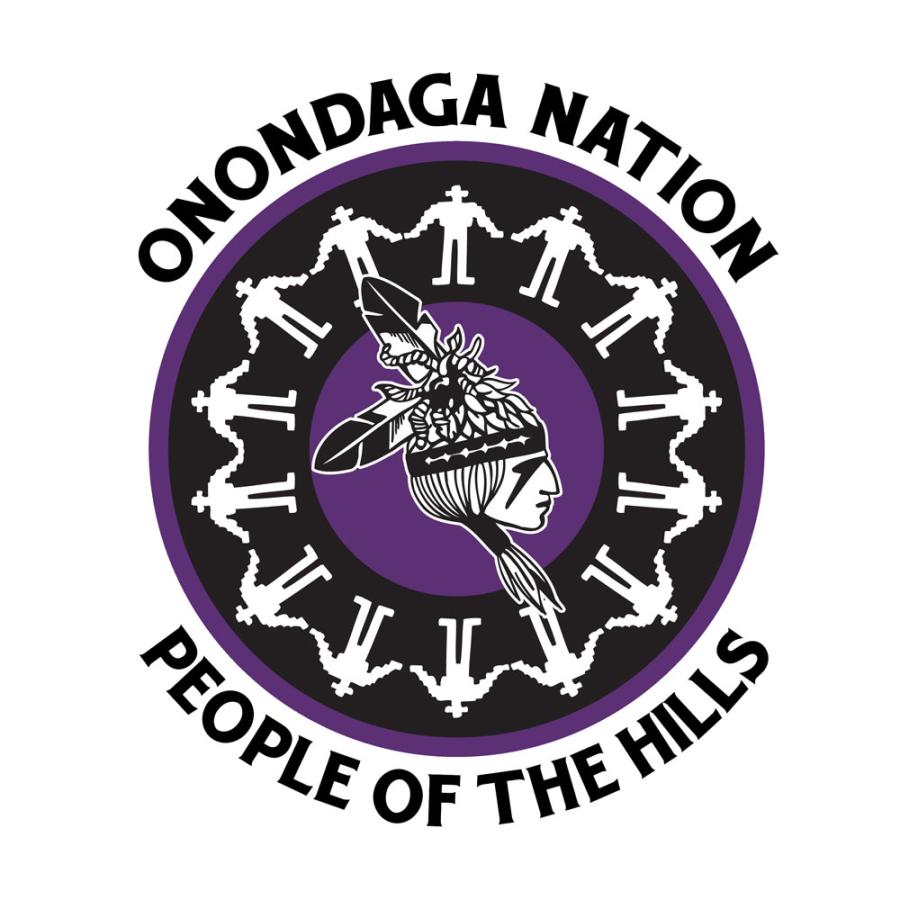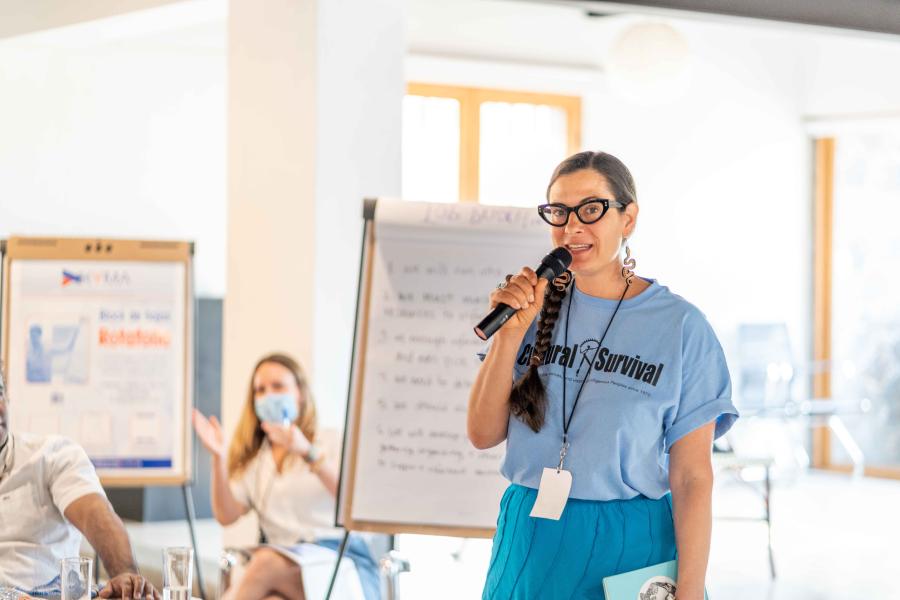After 25 years of negotiations, the UN General Assembly in 2007 adopted the UN Declaration on the Rights of Indigenous Peoples, without doubt the most advanced human rights instrument created for sub-state peoples. The standards laid out in the declaration are a remarkable achievement for the international Indigenous movement. The right to self-determination; free, prior, and informed consent; and territories—with the emphasis on the collective—are breakthroughs. And its impact can be seen already. On consultation, for example, we’ve reached a point now where most organizations or states are fully aware of their obligations to consult or seek consent before developing on Indigenous lands.
With its emphasis on historical rectification and the need for dialogue between Indigenous Peoples and states, the UN declaration provides a useful framework for states seeking to establish mechanisms of transitional justice. But I think it is useful to see the process by which the declaration was drafted as a model of transitional justice in its own right. Its function, after all, was to bring to light, in a very public setting, the violations of rights suffered by Indigenous Peoples and to establish standards to address those violations. For more than 20 years, the working group would meet each year at the UN headquarters in Geneva for a week, sometimes two, with the task of negotiating the standards of protection. The room was always full of state and Indigenous delegates, led by the working-group panel of experts. The working group set new precedent in allowing Indigenous Peoples to participate in the meetings on basically an equal footing with states.
When Indigenous Peoples first arrived at the UN, it was clear that they were to be given a backseat, to sit on the periphery and watch as observers while states negotiated the declaration’s language. But that made a mockery of the whole process. Indigenous Peoples were at the UN largely because policies and laws had been made about them, without them. So Indigenous representatives began lobbying for inclusion, and the working-group experts quickly accepted the principle. That meant that Indigenous representatives had speaking rights in the plenary session of the working group, could propose new language for the declaration, and could engage directly with states.
The debate was mostly about language: what could the declaration say about Indigenous rights to lands, for example. State delegates would offer their views, Indigenous representatives theirs. Some of the discussion could be on the technical side: international law on self-determination, for example. But often it was simply Indigenous people telling their histories in their own words. They talked about cultural survival. They talked about how, as communities, they had endured generations of laws and policies that tried to either absorb them into the culture of the other, or place them out of sight. Treaties factored large in this context, as pacts made between sovereign nations. So did the loss of lands and autonomy, disease, warfare, and discrimination. And states of course had to take these claims seriously: they were present in the room, shoulder-to-shoulder with other state delegates, listening, responding, denying violations, or sometimes assuring the working group that they would investigate allegations.
Indigenous Peoples reformed the UN process. It is now practically unthinkable to ignore Indigenous Peoples in something as fundamental as the setting of standards of protection. And the idea is now there for other communities and people to use—if you want to write policy or law about me, then you need to have me at the table.
Of course, there’s an important cathartic quality to all of this: the right to talk, to speak truth to power, to know that states are hearing your statements and to know that it all proved worth the many years of struggle. This, for me, was transitional justice at work. The experience tells us that to be effective, any transitional justice system will need the active participation of Indigenous Peoples. It also demonstrates the importance of real commitment by states to address the issue. Indigenous Peoples did not establish the declaration on their own, but with the active support of states. Transitional justice will only come if states are fully committed to creating a process with Indigenous Peoples’ full engagement, in a manner that meets their needs, and with outcomes that recognize Indigenous histories and the legacy of history.
Andrew Erueti (Maori) is adviser to Amnesty International on Indigenous Peoples' rights. Prior to that, he was a senior lecturer at Victoria University in Wellington, New Zealand. He is a PhD candidate at the Faculty of Law at the University of Toronto, Canada, where he writes on the rise of Indigenous movements in Asia and Africa. His iwi (people or clan) are nga ruahinerangi, and ati-hau-nui-a-paparangi.



